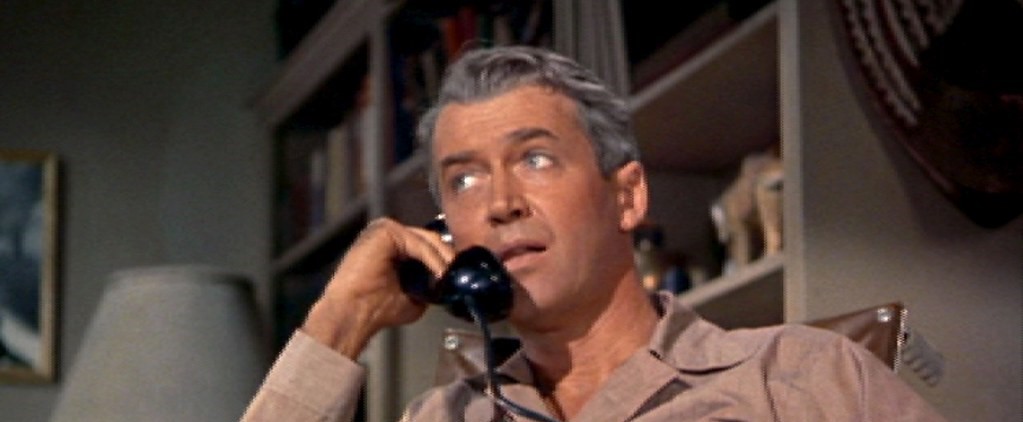
This classic play closes Sunday, so we’re bringing you Wemm’s column early. A classic Shakespearian tragedy that strikes all the right chords is worth your time – young lovers, or their adult leaders.
by Dennis Wemm
THEATRE CRITIC
Romeo and Juliet, by William Shakespeare
Adapted and directed by Bill Green
Stage Door Productions at the Allstate Community Theatre
810 Caroline St. Fredericksburg
Tickets $15-$25
March 29-April 7, 2024
How a person approaches R & J depends on both who they are and what they are (forgive the R&J abbreviation). Teens see themselves in the tragic couple dying young because of a string of really bad luck. For them, it’s an awful tragedy about abusive and controlling parents and people who just don’t understand.
Adults may revisit their younger selves with nostalgia or regret. They teach their children to hate their enemies. They raise the children but see no need to enforce wisdom in such young people, working through inner hormones and outer social pressures.
A good production of the play speaks to all these audiences. Stage Door’s production has some limitations, but succeeds in understanding the play as a whole and therefore understanding what each audience member needs to take from the show.
The show is cut for time. Shakespeare, in a line that is cut from the prologue, promises that it will provide “two hours traffic on our stage.” The running time for the show lives up to the promise, but this requires leaving out some plot points and at least two major characters. The main story line is served well by the cuts.
When you go to see the show, wait for the moment when all characters become fully aware of the effect of what they’ve done, and listen for the rapt silence from the audience as the fun ends and the tragedy begins to work. If that happens and the audience loses itself in the realization of that tragic moment, you’ll know what I’m writing about.
In the words of Jean Anouilh, “The spring is wound up tight. It will unravel of its own accord.”
Tragedy works that way: the outcome is obvious from the beginning. We see the actions that are going to doom some good person to a reversal that will not only change their life but change their world. Their downfall is brought about by their own extreme behavior and their need to get their own way no matter what. By the end, they need to recognize that their own actions have brought about their own downfall. It is the name of the game.
So, whose game is it? For those who need a reminder: in the beginning R & J don’t even know that each other exist. They are two bright young people. Juliet is 13, according to Shakespeare’s original line. Romeo is not much older. They are the center of their parents’ worlds.
Juliet, played by Becky Brassfield, is a smart young teen who has lived a rather sheltered life. She is advised by her parents Lord (David Featherstone) and Lady (Cassie Truchess) Capulet. In addition, she is chaperoned by the Nurse who doesn’t seem to have the energy to keep up with Juliet’s enthusiasm.
Brassfield’s Juliet is innocent, chatty, and charmingly confused about life. Lord is energetic and a little lost, Lady gradually loses herself in wine and treads a fine line between control and abuse. A third named character rounds out the Capulet clan, the hot-headed Tybalt, played with deadly precision by Abdel Hamid Shehata.
The Capulets have an “ancient grudge” against the Montague clan. Romeo, well played by Zach Cloven, is a bit more worldly than Juliet, but not nearly as careful. Most of his worldliness comes from the counsel of his older friends, Benvolio and Mercutio. They are effectively played with frat-boy enthusiasm by Justin Yates and Liam Thompson. They also offer a lot of advice. Both actors present clear and effective characterizations of their roles.
Romeo pines for his unseen flame, Rosaline. She keeps him at arm’s length. He forgets her when he meets Juliet. In addition to Benvolio, we also meet Romeo’s father (Jon Quandt) who seems completely disconnected from what the kids are up to.
Which leaves us with Friar Lawrence (Pedro Echevarria) who as the spiritual advisor to both teens as well as their families has the largest influence on the main plot. This production, by paying less attention to many incidents in the play, becomes very much the Tragedy of Friar Lawrence and The Nurse (Mary Ann Buckley). Lawrence sees the young people and their relationship, and understanding the dangers, does everything in his power to keep his flock happy while still observing the church rules.
The Nurse dotes on Juliet as much as Lady Capulet abuses and ignores her. The chaperone needs the girl to be her friend, not her charge. Her problem is that she loves teenage Juliet the same way she loved baby Juliet. She also has no energy to keep up with her.
The Prince of Verona (Roy Jarnecke), the other power player in the play, winks at the violence between the Capulets and Montagues. Each failure of authority in parenting, advising, and law enforcement makes the situation worse, not better. It’s a fertile ground for tragedy.
Echevarria’s performance is strong enough that the reversal easily pivots on him. We see the growth of realization clearly on his face as each incident unravels his plots and plans one step further.
The tragedy is not of two kids: they are the unwitting victims of the play, they are object lessons to be learned. R&J will always do what young lovers do. Their deaths are set up in the opening lines of the play (well delivered by Kirk Kaneer). We know what’s going to happen to them. The real problem is that the older, wiser authorities are behaving like children, too. All the other fighting and death portrayed in the action is on them. The actors play the moments of their realization well.
A very good production is an ensemble of well-practiced performers and production support (translation: techies who know their job and have a great sense of timing). Opening night jitters can bring on problems with unprepared performers. The coherence of the production showed how prepared the ensemble was. Each character was clearly presented (I particularly enjoyed David Featherstone as Lord Capulet, David Schubert’s Friar John, and Ian-Andrew as the Capulet servant, Peter).
Clearly, Bill Green is a seasoned and effective director with a clear vision of what the playwright intends. He also brings his own vision to the stage well. Staging and focus were never in question, even on the Allstate Community Theatre stage with its panoramic width. Since the movement for the play is uncredited in the program, I have to compliment his handling of the dance scene and fight choreography as well.
The unit set and crew led by Cathy Bergdahl provide an evocative environment for the action, including some very nice scene painting. The balcony scene (the central turning point in R&J) works well. The stage and lighting worked as well for small, intimate moments as they did for the large dance and crowd scenes. The climactic fight between the young men that begins the unraveling of their innocent world is well motivated and well-choreographed. They spoke the “language of the sword” well.
The cast truly understands the language and delivers it with clarity and focus on character. They “own” the words well. Good Shakespeare doesn’t hurt your ears or leave you wondering what was just said.
Harry Wilson’s vibraphone solos set the rhythm for scenes and evoke the mood as well. I particularly enjoyed the almost subliminal use of the “Love Theme” from the 1968 Zeffirelli film which supported the slow build into tragedy well.
All in all, I hope you give this production two hours of your time. It certainly is worth the investment.
Dennis Wemm is a retired professor of theatre and communication, having taught and led both departments at Glenville State College for 34 years. In his off time he was president and sometimes Executive Director of the West Virginia Theatre Conference, secretary and president of the Southeastern Theatre Conference, and generally enjoyed a life in theatre.






